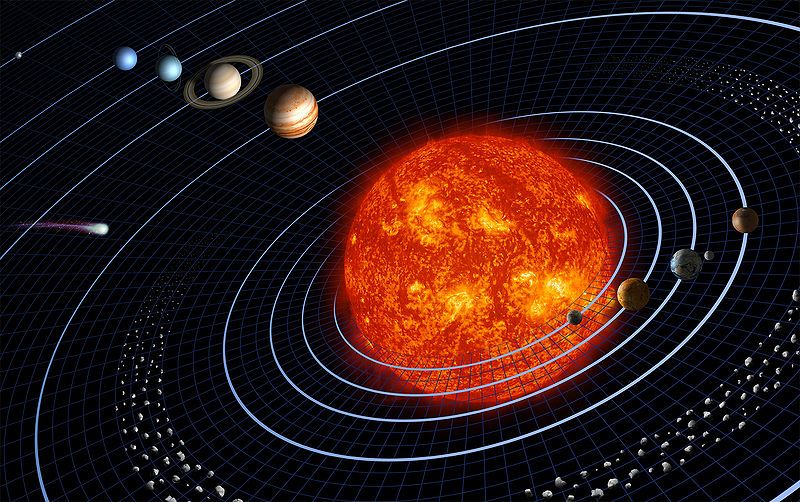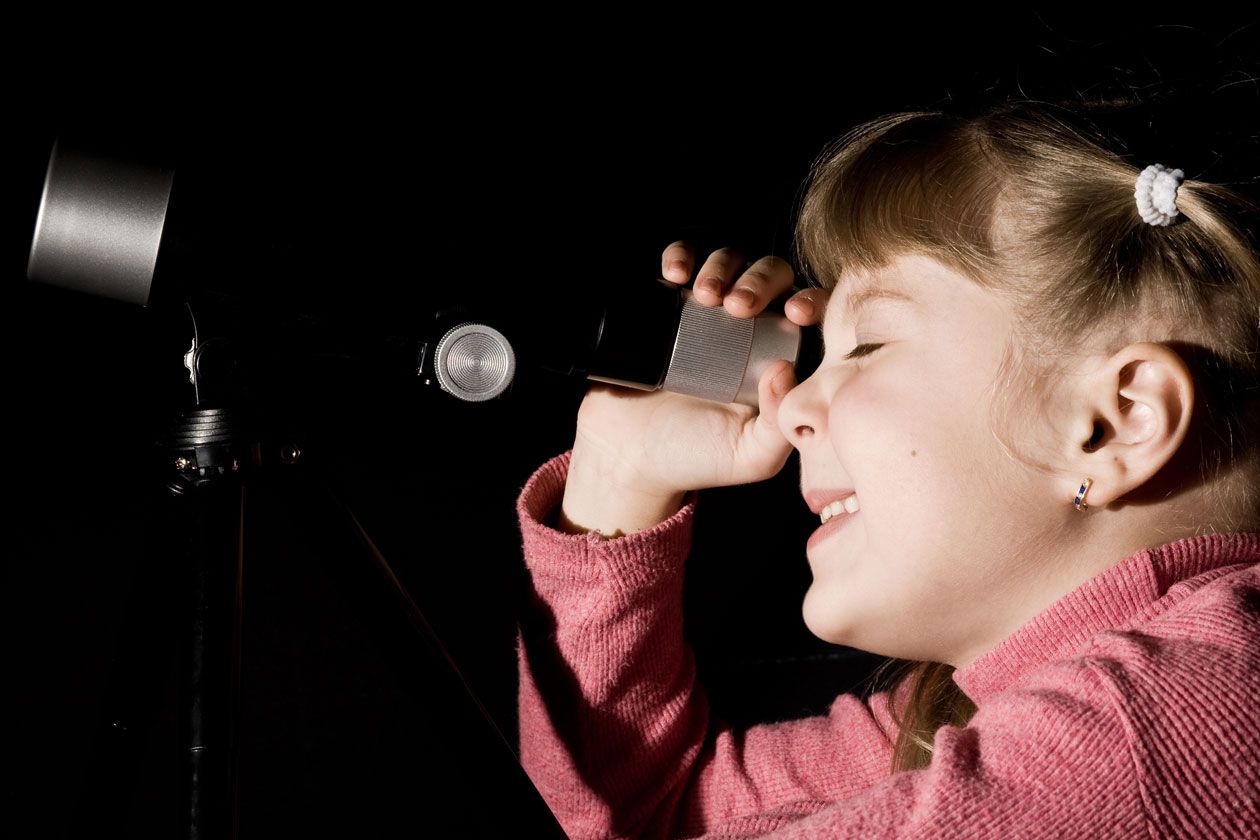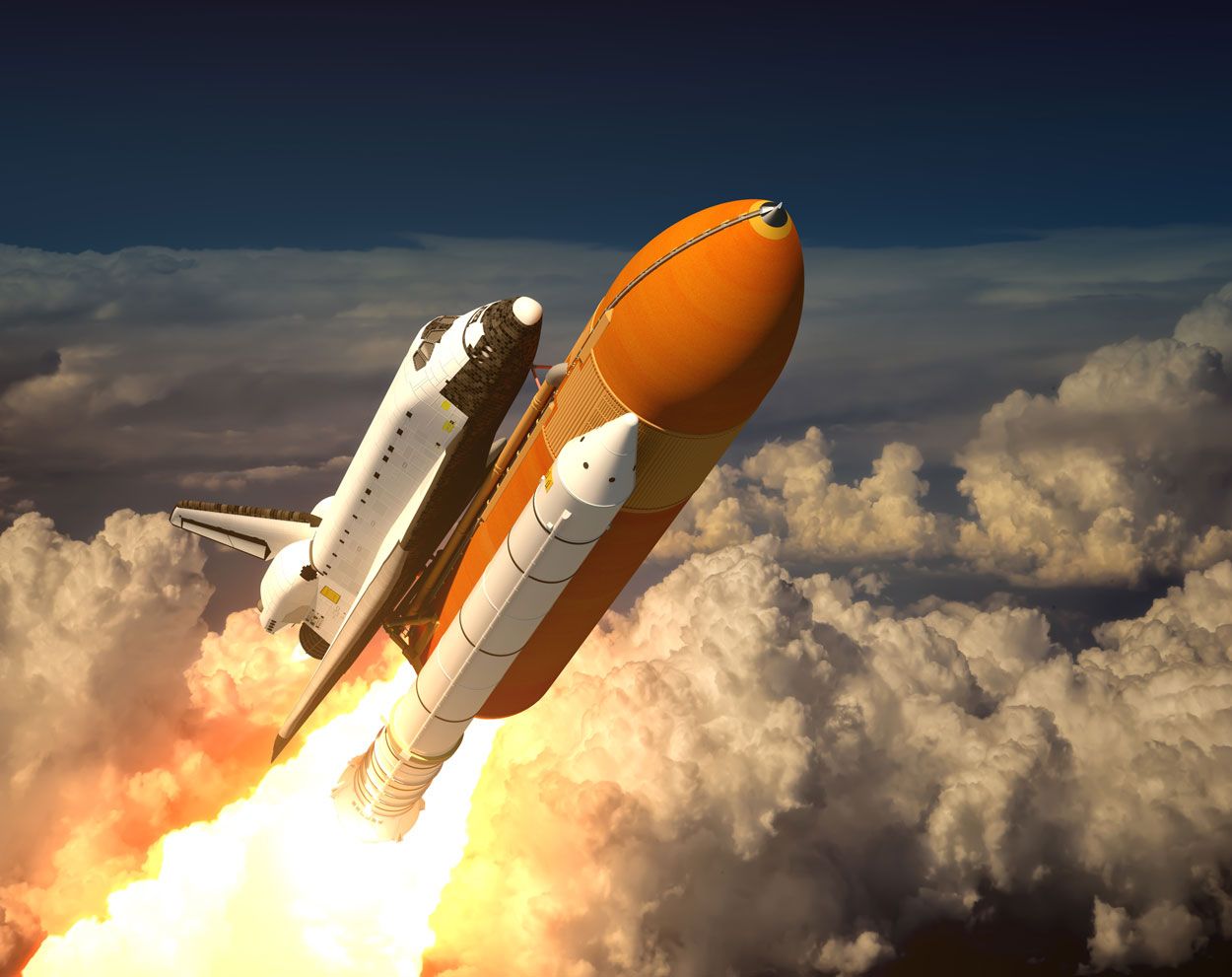WORKING SCIENCE

Book a space workshop for your primary school with Working Science to celebrate World Space Week from 4th – 10th October 2020 which will be celebrating Satellites this year please see further information on the website: https://www.worldspaceweek.org/
Also this year we are celebrating National Astronomy Week from 14 – 22 November 2020 which is highlighting Mars’s close approach to the Earth this year, for further information see https://www.astronomyweek.org.uk/.
Working Science provides hands-on space workshops for children in primary schools. Our workshops are very practical and interactive. All children get to interact and experiment with the equipment we provide. All of our workshops are delivered by an experienced science communicator, with a PhD in Physics and Astrophysics. Our Space workshops allow children to try ‘hands-on’ science experiments on the theme of the science of space to stimulate excitement and learning.
Here is a testimonial from a recent
school we visited:
“Year 2 loved their Space workshop with Dr. Francis. They were fascinated by the facts they learned and have used their experience to help them write a space narrative in English!
Teachers give us outstanding reviews saying they would recommend these workshops without hesitation. See our great recommendations.
We will work with you to tailor our events to suit the prior learning of your pupils, to extend their learning and enthuse them about science.
For more information and full itineraries for these workshops for your school get in touch with Dr Gareth Francis.

Space, Stars and the Universe Workshop
Our “Space, Stars and the Universe Workshop”, engages children to with facts about the planets, comets, meteorites, stars, black holes and galaxies. Children get to experience the effects of dry ice which is a similar temperature to Mars, see the bending of space to create gravity and they get to hold real meteorites.
- Looking into space using telescopes (children look through small telescopes)
- The solar system and why planets move in circular orbits
- How large space is and how our solar system is a part of a galaxy
- Investigating how gravity is different on each planet with force meters and a demonstration of how gravity is formed
- An exploration of the 8 planets in our solar system
- The different temperatures of the planets (using dry ice to demonstrate the temperature of Mars)
- Exploring the rotation of the earth and days, months and years with globes and torches
- eep space, stars, galaxies, black holes and how we know information about the stars that are so far away
- Splitting light into rainbows – to see how you get information from a star’s light

Getting Into Space
This Workshop, teaches children about rockets, launching into space, the space shuttle, living in space, the ISS, and NASA and ESA missions to the moon and Mars. We launch rockets in the playground and the children get to try astronaut ice cream.
- How large space is and how our solar system is a part of a galaxy
- How rockets engines work and getting into orbit (rocket launching outside)
- Show a video of Space Shuttle Launch 2013 STS 133 launch
- Exploring the planets in our solar system
- What we know about the planets in our solar system
- Which planets have people and space probes visited
- Scientific problems that had to be overcome to get people into space
- Living in Zero G on the International Space Station (ISS) – eating space food and getting around when there appears to be no gravity.
- Tim Peake information on the first British astronaut on the ISS.
- The exploration of other planets using probes and rovers controlled from Earth including:
- Mars Spirit and Opportunity automated rovers launched in 2003
- Saturn and Jupiter Flown past and mapped by Huygens Satellite
- The outer planets Voyager 1 and 2 Satellites (launched in 1977)